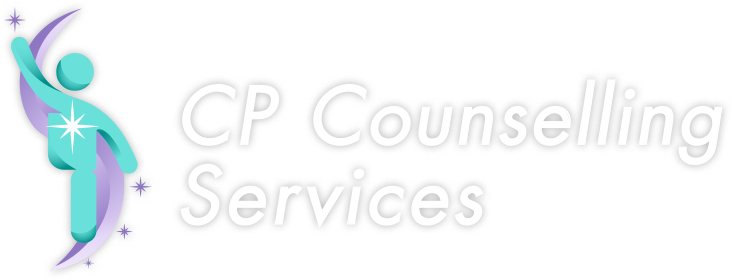Ann Marie here and welcome to my next vlog!
We all know what it's like to feel guilt. Let's face it; it's not the easiest space in the world to be in. It can be very powerful and magnify even the smallest transgression to feel like an all-encompassing assault on another. Many people are too easily triggered into guilt, the feeling lasts too long, and self-esteem is left in its wake. The good news is that guilt does not have to dominate your life.
So, just what is guilt anyway? Well, the basic premise is that it comes from the thought: "I have done something bad" or can even be the perception that "I have done something bad." This can lead to a soupy mixture of other emotions such as an anxiety that "since I have done something bad, now something bad will happen to me." This could mean a number of things such as I might be judged or disliked which could result in the rupture or loss of a relationship or some type of opportunity will be lost. I may also feel pressured to make this right which could mean apologize to someone or otherwise "fix" what I have metaphorically broken. If I don't do this, I will never get the relief of being forgiven, being a good person once again.
Did you know that there is such a thing as a healthy guilt which can be good for our relationships? Let's say for example that I forget my loved one's birthday. The hurt on their face is enough for me to apologize and make the effort to celebrate them. Or perhaps I snap at my child. Seeing that tearful face is enough for me to make this right, apologize and act with more patience and kindness. How would we know if this is a healthy guilt? Like always, we go back to our values. Within that set of values we have created rules to live by. Have we broken a rule that we value, a rule that makes sense to us and that helps us to be the person we want to be? Is one of those rules to celebrate those I love on their birthday? Is another to treat my children with kindness, love and patience? If so, the guilt I feel will help me to turn the ship around and repair or restore what I did not mean to do.
However, not all guilt is healthy and can be a great source of unnecessary suffering. There are plenty of people walking around who adhere to rigid, unrealistic rules and sets of standards for both emotions and behaviours. Often, these types of rules were learned from a dysfunctional childhood and so they have become “automatically obeyed” with no regard for perspective. Rules such as “I should never feel angry” or “I am responsible for how everyone else feels and therefore can never upset anyone” are just two. They are examples of psychological rigidity and people-pleasing and the irony is that the more one follows these types of rules which are not in line with core values, the worse the person feels.
Let me clarify that. Following rules that are in line with your values will make you feel vital and alive. Following rules that are unrealistic and self-sacrificing will increase your suffering. Therapy can help you to wipe away the old cob webs and get a handle on what is truly important to you and your heart’s desire. You can connect with what you value and what will serve you best in this life. You can learn to become aware of your own guilt: is this healthy or unhealthy and what do I do with this? Change is always possible and you can learn to treat yourself the way in which you would treat someone you love dearly.
See you next time 😊

